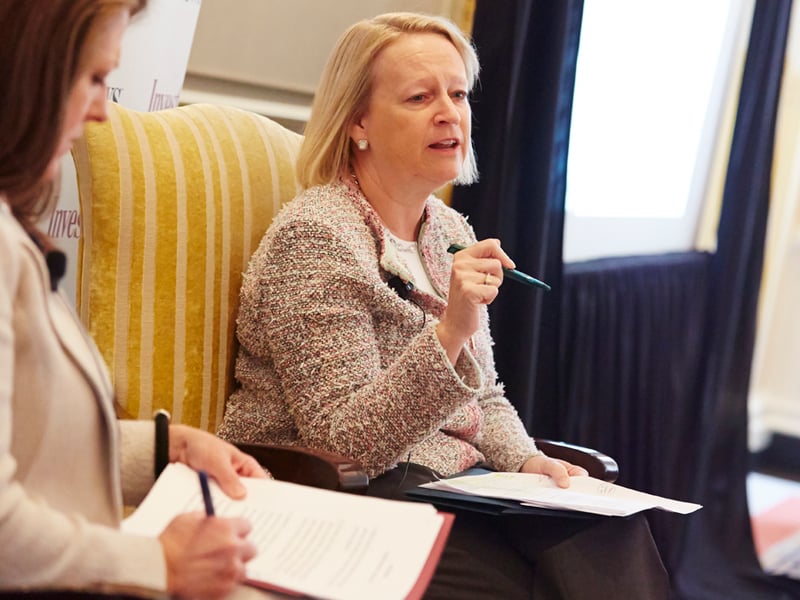

You can lead the band but you need people to make the music. -Mary Schapiro #womensforum2015
— Abby salameh (@AbbySalameh) June 23, 2015Thank you Chairman Shapiro for taking the chance without assurances #womensforum2015
— Corethia V E Oates (@CorethiaVEOates) June 23, 2015Mary Schapiro @ the Investment News conf talking about the shortcomings of Dodd Frank. #Siena wealthadvisorygroup pic.twitter.com/TSxVQwuEhe
— Bret Sanford (@bretsanford) June 23, 2015Schapiro predicts regulators will become more comfortable w/ tech & data, focused on practices for retirement age investors #WOMENSFORUM15
— Investment Program (@IPADirectInvest) June 23, 2015#womensforum2015 @IPADirectInvest @eventsfromIN Schapiro: Hire a contrarian who forces you to think in different ways than usual
— Marion Asnes (@marionasnes) June 23, 2015
Relationships are key to our business but advisors are often slow to engage in specific activities designed to foster them.

Whichever path you go down, act now while you're still in control.

Pro-bitcoin professionals, however, say the cryptocurrency has ushered in change.

“LPL has evolved significantly over the last decade and still wants to scale up,” says one industry executive.

Survey findings from the Nationwide Retirement Institute offers pearls of planning wisdom from 60- to 65-year-olds, as well as insights into concerns.
Streamline your outreach with Aidentified's AI-driven solutions
This season’s market volatility: Positioning for rate relief, income growth and the AI rebound
